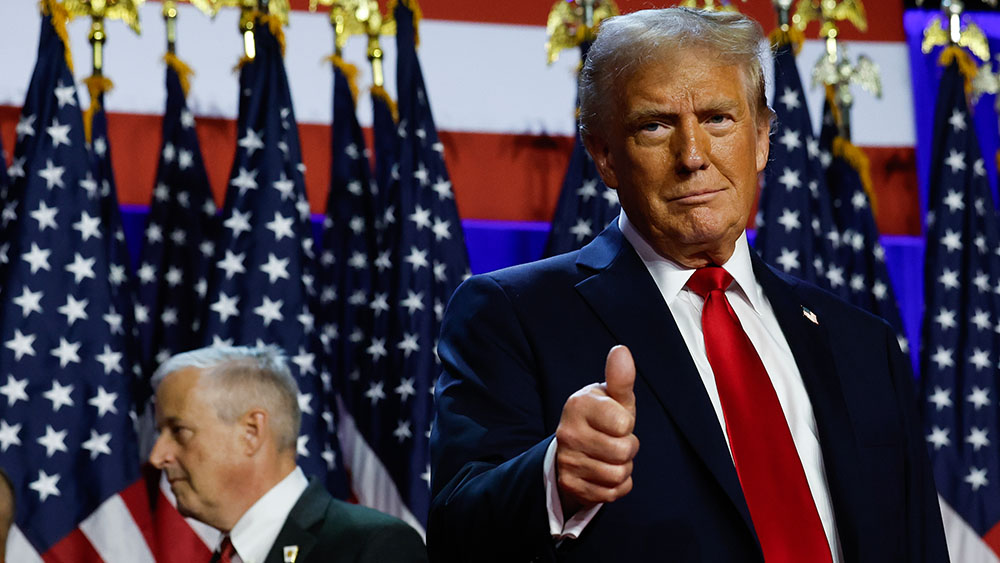Security measures intensify as Washington D.C. prepares for Trump’s inauguration
- Over 25,000 law enforcement and military personnel deployed for security at President-elect Donald Trump’s inauguration.
- Despite no immediate threats, officials maintain heightened vigilance due to concerns over potential unrest and lone-actor attacks.
- Security measures include designated checkpoints, drone surveillance, temporary flight restrictions and installation of over 30 miles of fencing.
- The inauguration is expected to draw 250,000 ticketed guests and tens of thousands of additional attendees.
- Public reactions to the FBI’s declaration of no threats are mixed, with some expressing skepticism.
As the nation’s capital prepares to host President-elect Donald Trump’s inauguration on Jan. 20, federal and local authorities have implemented an unprecedented level of security measures, deploying over 25,000 law enforcement and military personnel to ensure the safety of the event and its attendees.
Despite the absence of immediate threats, officials emphasize the need for heightened vigilance to address ongoing concerns over potential unrest and lone-actor attacks.
On Jan. 13, D.C. Mayor Muriel Bowser, alongside federal security officials, addressed the public’s concerns, stating that meticulous planning has been underway for over a year to address any risks associated with the highly anticipated ceremony. Federal Bureau of Investigation (FBI) Special Agent David Sundberg confirmed the agency’s current threat assessment, asserting that there are no specific or credible threats to the inaugural ceremony or the Capitol complex.
“We are not currently tracking any specific or credible threats to the inaugural ceremony or the Capitol complex,” Sundberg stated. “We will continue to work closely with our partners to share information and identify and disrupt any threat that may emerge.”
However, U.S. Capitol Police Chief J. Thomas Manger warned that the threat of lone actor attackers remains the primary justification for maintaining a heightened state of alert.
“The threat of the lone actor remains the biggest justification for us maintaining this heightened state of alert throughout the next week,” Manger emphasized.
Secret Service Special Agent in Charge William McCool detailed the extensive security measures implemented for the event.
“We have a slightly more robust security plan. We’ve been planning for this event for 12 months,” McCool explained. Security measures include designated checkpoints for screening attendees, drone surveillance, temporary flight restrictions and the installation of over 30 miles of fencing around the Capitol and other key areas.
The inauguration is expected to draw a significant crowd, including 250,000 ticketed guests and tens of thousands of additional attendees, ranging from supporters to protesters. (Related: Trump’s impending return to the White House fuels fears of retaliation, legal action.)
“All attendees will undergo screening,” McCool noted, emphasizing the importance of maintaining public safety while facilitating the historic event.
Skepticism arises among the public
Social media reactions have been mixed, with some expressing skepticism over the FBI’s declaration of no threats.
A viral tweet from one user questioned, “Should we believe the opposite? Should I be worried as an attendee?” Another post highlighted the Secret Service’s acknowledgment of a “higher threat environment” and their assurance that “every resource” has been activated to protect Trump and event attendees.
The unprecedented level of security measures is a reflection of the heightened tensions surrounding the inauguration and the need to ensure a smooth and safe transition of power. As Washington D.C. prepares for this momentous occasion, officials remain committed to delivering a secure and seamless inauguration while reassuring the public of their readiness to handle any contingencies.
The intense security measures in place for Trump’s inauguration are not without precedent. Previous inaugurations, particularly those of controversial figures, have also seen elevated security protocols. The most notable example was the inauguration of President George W. Bush in 2001, which took place just weeks after the Sept. 11 attacks. The event was marked by stringent security measures and a heightened state of alert, mirroring the current preparations for Trump’s inauguration.
The need for robust security measures during presidential inaugurations underscores the evolving nature of threats and the importance of adaptability in ensuring public safety. As the nation transitions to a new administration, the security measures in place aim to provide a safe and secure environment for all attendees while upholding the integrity of this historic event.
Head over to Trump.news for updates on the Trump inauguration preparations.
Watch the video below that talks about the security threats on Trump’s inauguration.
This video is from the Flyover Conservatives channel on Brighteon.com.
More related stories:
Calls for JUSTICE: Trump urged to pardon J6 protesters as 2025 inauguration nears.
As Trump prepares to retake the Oval Office, calls for an investigation into the “official” results of the 2020 election intensify.
Fearing tariffs, Mexico scrambling to disperse migrant caravans ahead of Donald Trump’s inauguration.
Sources include:
YourNews.com
X.com 1
X.com 2
Brighteon.com
Read full article here


